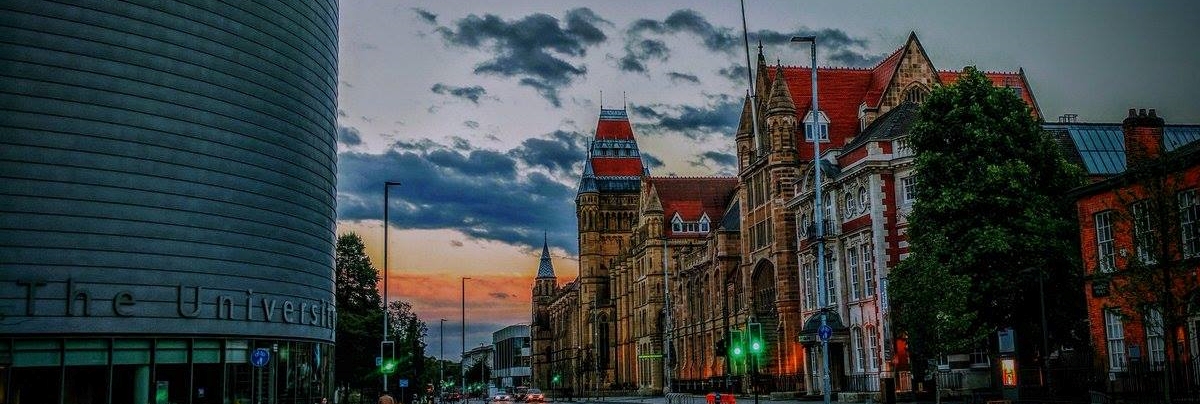
The Political Theory of Everyday Life
Derek Edyvane and Demetris Tillyris
University Place 6.210 (hybrid)
In her book, Ordinary Vices (1984), Judith Shklar identified the ‘ordinary’ as a neglected domain of political activity and interest. Shklar wrote of the ‘democracy of everyday life’ that typically proceeds outside of formal political institutions and beyond the purview of so much institutionally-focused political theory. More recently, there has been a growth of interest among political theorists around the ordinary and everyday dimensions of political life. We see this, for instance, in Danielle Allen’s work on the everyday sacrifices of citizens, in Bonnie Honig’s engagement with the ‘public things’ of democratic life, in Michael Ignatieff’s assessment of the ‘ordinary virtues’, in Nancy Rosenblum’s discussion of the ethics of the ‘good neighbour’, in James C. Scott’s analysis of ‘everyday resistance’, in Marc Stears’ articulation of ‘ordinary life’ as a resource for the revitalisation of democracy, and in Bernardo Zacka’s examination of the everyday ethics of ‘street-level bureaucrats’. Within the domain of the ordinary we find not only a vast and underexplored terrain for political theorising, but also a distinctive methodological puzzle concerning how best to conceptualise and investigate the everyday. Indeed, the work cited is striking for its methodological eclecticism and innovation – its willingness to move beyond the conventional methods of political theory to engage with empirical case studies, ethnography, history, art, film, and literature.
It is the aim of this workshop to explore this broad cluster of themes. Possible topics might include, but are by no means limited to, the following:
- Conceptualising and problematising the ‘ordinary’ and the ‘everyday’
- Investigating the ordinary (methodology)
- Ordinary vices and ordinary virtues
- Ordinary/everyday citizenship and democracy
- Everyday exclusion and inclusion (everyday racism and sexism; microaggressions)
- Everyday obedience, disobedience, and resistance
- Everyday political institutions, practices, and rituals
|
|
|
|
11:00-12:30 |
Registration |
|
12:30-13:30 |
Lunch |
|
13:30-14:00 |
Welcome Speech |
|
14:00-16:00 |
Session 1 ‘Cruelty, Sadism, and the Joy of Inflicting Pain for Its Own Sake’ – Daniel Statman (University of Haifa) ‘Dirty Rules Dilemmas: When Institutions Corrupt Everyday Politics’ – Gianni Sara (King’s College London) |
|
16:00-16:30 |
Tea and Coffee Break (optional) |
|
16:30-17:30 |
Session 1 (continued) ‘Unequal Belonging and Undermined Freedom’ – Yuna Blajer de la Garza (Loyola University Chicago) |
|
17:45-19:00 |
Wine Reception |
|
19:30 |
Conference Dinner |
|
|
|
|
9:30-11:30 |
Session 2 ‘Public servants’ role and contestation’ – Marta Martino (University of Geneva) ‘Art, Pre-figuration, and Refusal’ – David Bates and Tom Sharkey (Canterbury Christ Church University) |
|
11:30-12:00 |
Tea and Coffee Break (optional) |
|
12:00-13:00 |
Session 2 (continued) ‘Dirty Hands as a “Weapon of the Weak”: Injustice and the Ambiguities of Everyday Resistance – Demetris Tillyris (Canterbury Christ Church University). |
|
13:00-14:00 |
Lunch |
|
14:00-16:00 |
Session 3 ‘The Dignity of Ordinary Citizenship’ – Derek Edyvane (University of Leeds) ‘The Political Theory of Everyday Transactions in a Competitive Market’ Tammy Harel Ben-Shahar (University of Haifa) |
|
16:00-16:30 |
Tea and Coffee Break (optional) |
|
16:30-17:30 |
Session 3 (continued) ‘Danish Jobcenters and the Design of the Unhomely Home’ – Bernardo Zacka (Massachusetts Institute of Technology) |
|
|
|
|
9:30-11:30 |
Session 4 ‘Equality as a Social Imperative’ – Grant Rozeboom (Saint Mary’s College of California) ‘A Maximalist Account of the Right to the City’ – Chong-Ming Lim (Nanyang Technological University) |
|
11:30-12:00 |
Tea and Coffee Break (optional) |
|
12:00-13:00 |
‘Contestations of Salience and the Theory of Everyday Political Conflict’ – Ege Yumusak (Columbia University) |
